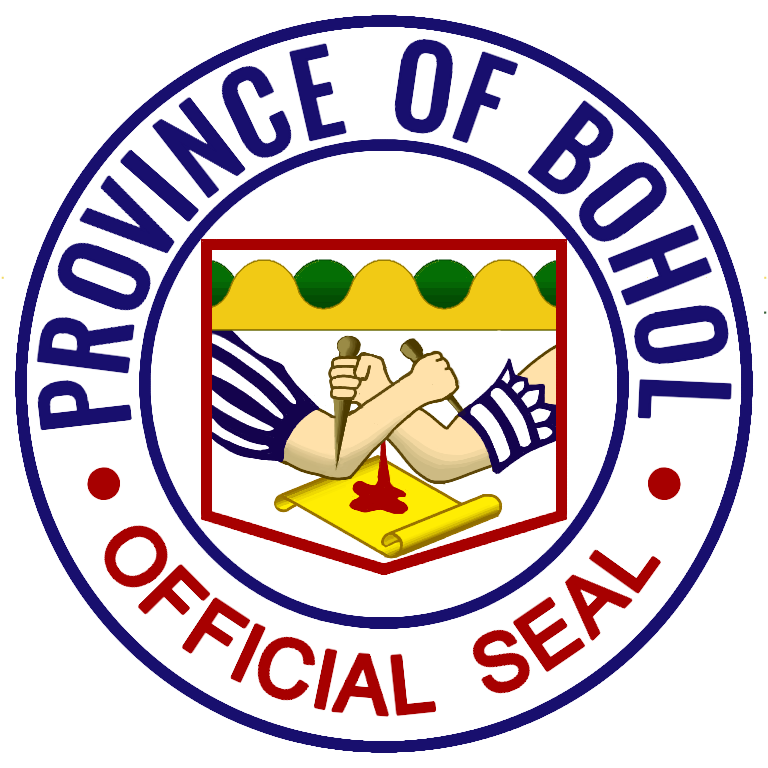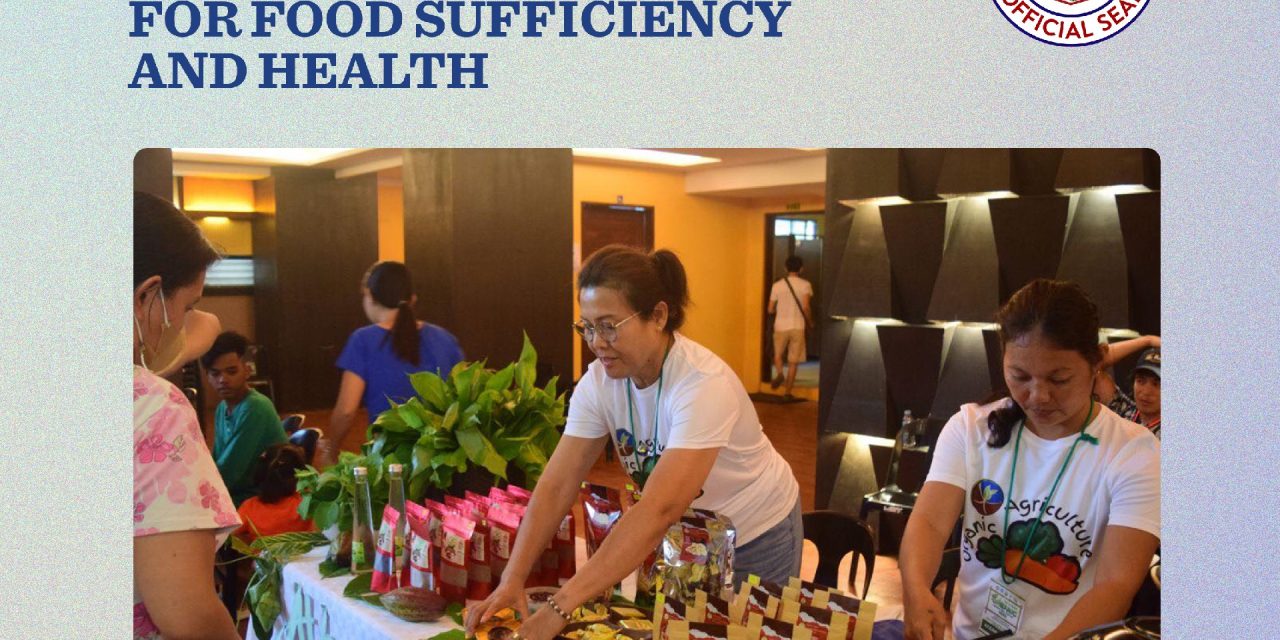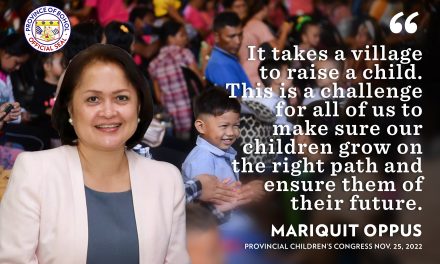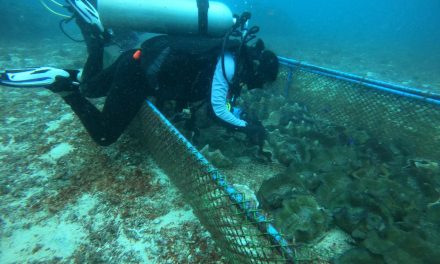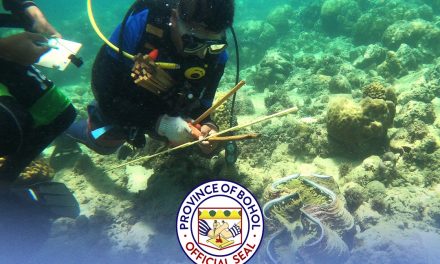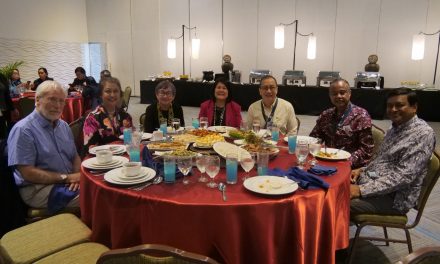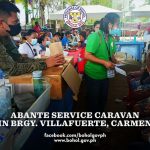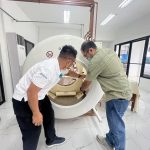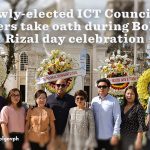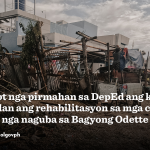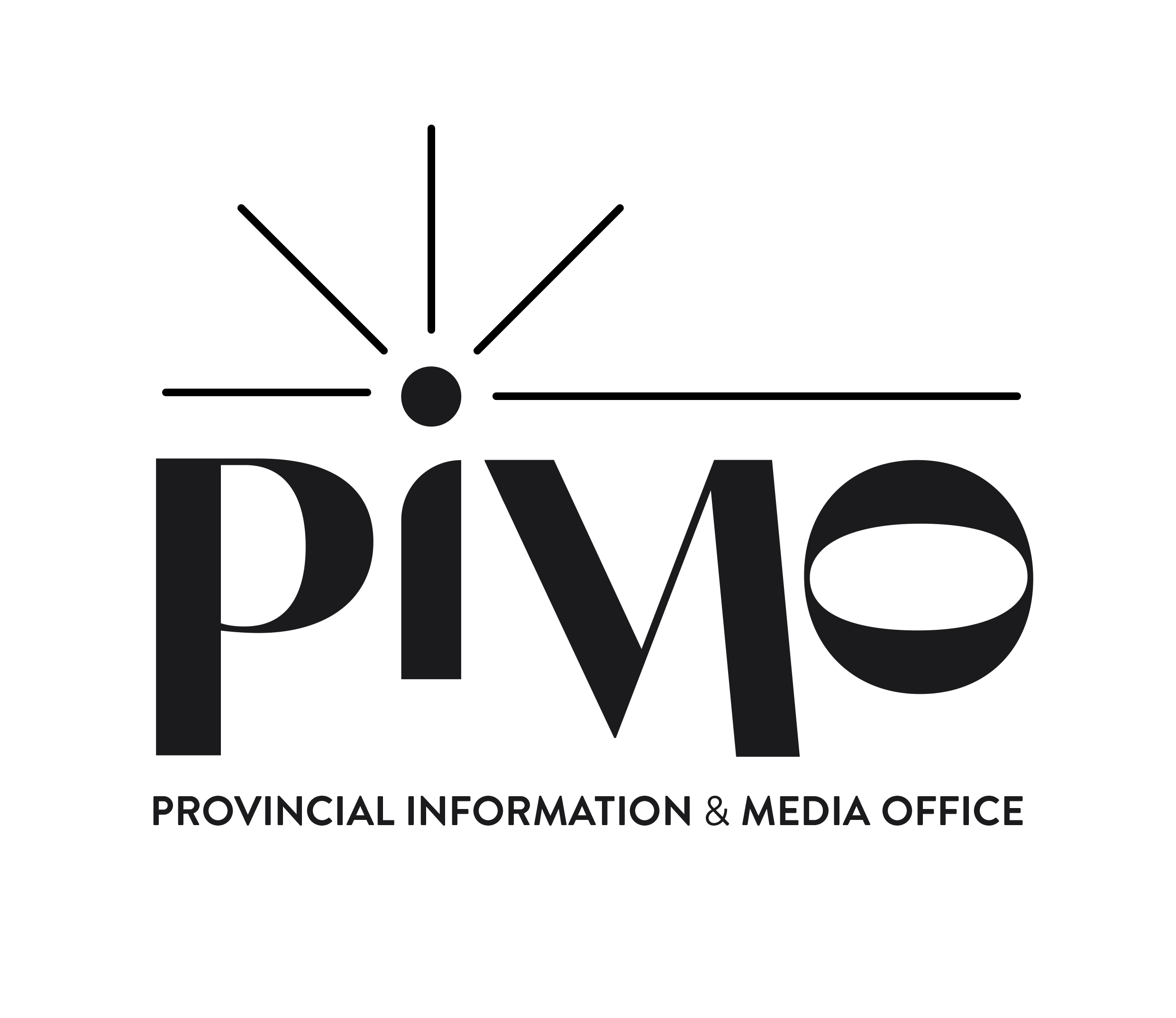The “Organic Agriculture Festival: Display of Organically and Naturally-grown Local Products” held on November 16-18, 2022 at the Bohol Cultural Center. The festival was an initiative of the Kapunungan sa Bol-anong Organikong Mag-uuma (KBoOM) in partnership with the Bohol Provincial Government through the Office of the Provincial Agriculturist. It is in support of the laws governing organic agriculture and Gov. Aris Aumentado’s development agenda aimed at food sufficiency and healthy living.
The festival is also a major marketing promotional activity that highlights the agri-fishery display of fresh, organic agricultural products coming from different farming communities to be integrated with the tourism circuits in the province.
For the first time in the province, the festival enjoys the support of several non-government organizations and businessmen. It is also supported by the Department of Agriculture, Agricultural Training Institute, Office of the Provincial Veterinarian, Department of Labor and Employment, Department of Science and Technology, Department of Trade and Industry, Technical Education and Skills Development Authority.
The Provincial Government of Bohol through the Office of the Provincial Agriculturist has been coordinating with the Department of Agriculture Regional Field Office-VII in organizing the Regional Organic Agriculture Chamber 7 (ROAC7). This eventually led to the organization of the Kapunungan sa Bol-anong Organikong Mag-uumang (KBoOM), whose principal officers have been involved in the manualization of the Participatory Guarantee System (PGS). KBoOM is composed of individual organic farming practitioners, small farmers’ groups, advocates, and educators from different municipalities.
The organic agriculture movement of the province started in the early part the 1980s. Currently, agriculture-related government institutions and non-government organizations working on poverty alleviation projects are working hand-in-hand to promote organic agriculture for food sustainability in the rural communities in the province.
The way farming is done and the way people consume food make a world of difference to health. Many people today are suffering from varied sicknesses and diseases due to food contaminated by synthetic inputs, pesticides, and chemical additives in food processing. There is little or no awareness of the importance of producing and eating healthy food; only few Boholano farmers are producing naturally-grown organic products. This lack needs to be addressed through a province-wide program to spark awareness on the necessity of organic agriculture. With the envisioned increase in the number of organic vegetable farmers who will plant vegetables organically and sell their natural-grown produce for Boholanos to consume, the overall health of Boholanos will improve.
The information and education program for organic agriculture aims to 1) spark awareness of the need of having a healthy lifestyle by advocating for organic agriculture methods and practices; 2) encourage more farmers to adapt natural organic farming practices; 3) establish sustainable organic agriculture in the province of Bohol–-making it a community of thousands fighting to transform food and farming practices, acting to protect our health, our natural world, and our climate; 4) transform current farming methods into organic farming practices, changing the way we produce our food and our consumption patterns to limit environmental impact and make organic food sustainable to meet the present and future demands of Boholanos; and 5) create a network of organic enterprises that farmers can use for collaborations and the further development of their businesses.
The Provincial Government aims to empower innovative farmers committed to producing and marketing of healthy food. Moreover, it will institutionalize support systems for the enhancement of the production and marketing skills of organic farmers. Through these, the province foresees that organic farmers will help it attain a sustainable supply of organic agricultural products.
The festival exhibitors come from the different MLGUs and from KBoOM members. Each will be given a designated area with booths, tables, and tents where they can display and promote their agri-fishery products. These designated areas at the Bohol Cultural Center are strategic for information, sales, market linkages, and other promotional outlets including techno-updates. The MLGUs will assist farmers in bringing their products to the venue by providing them vehicles during the ingress and egress periods.
